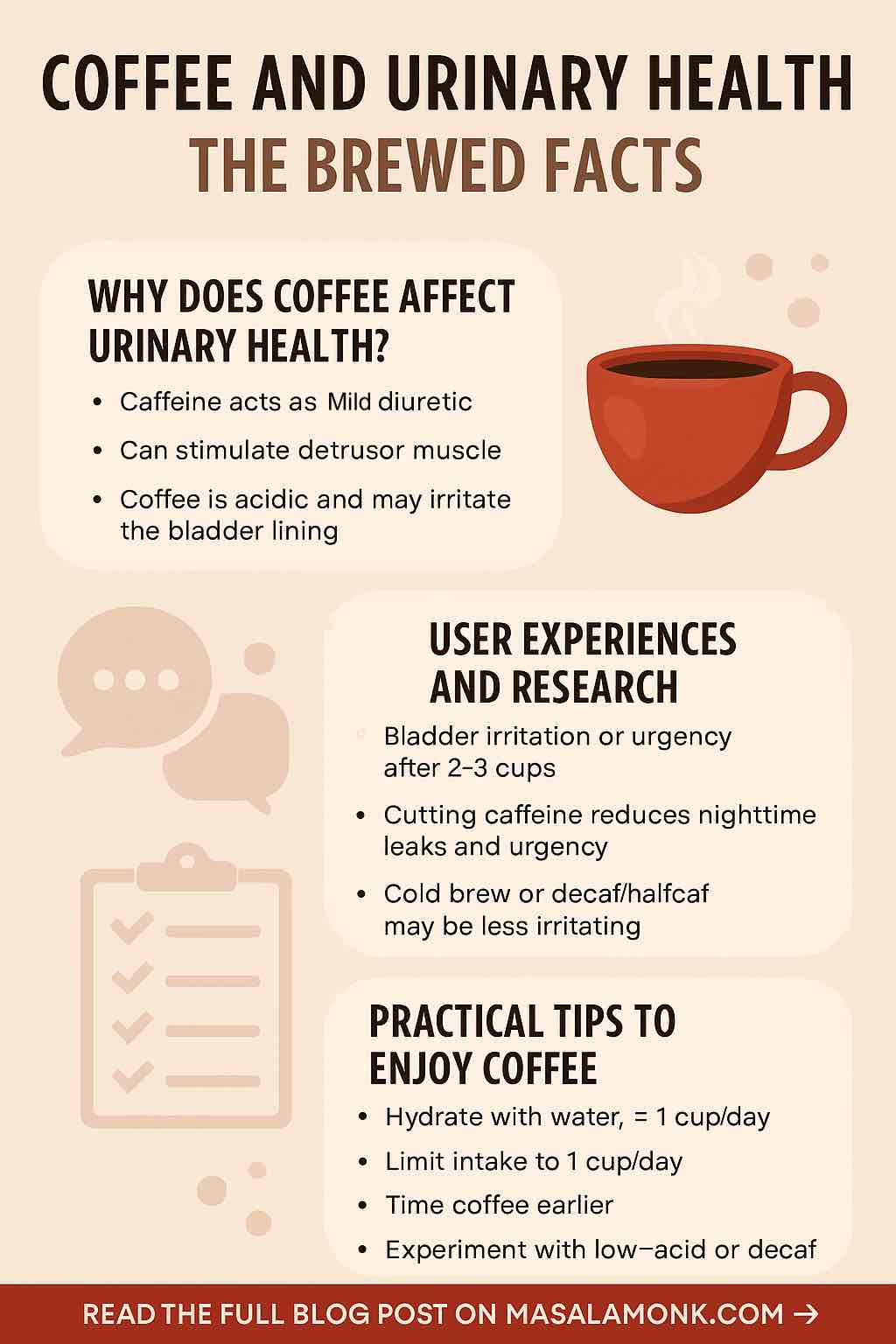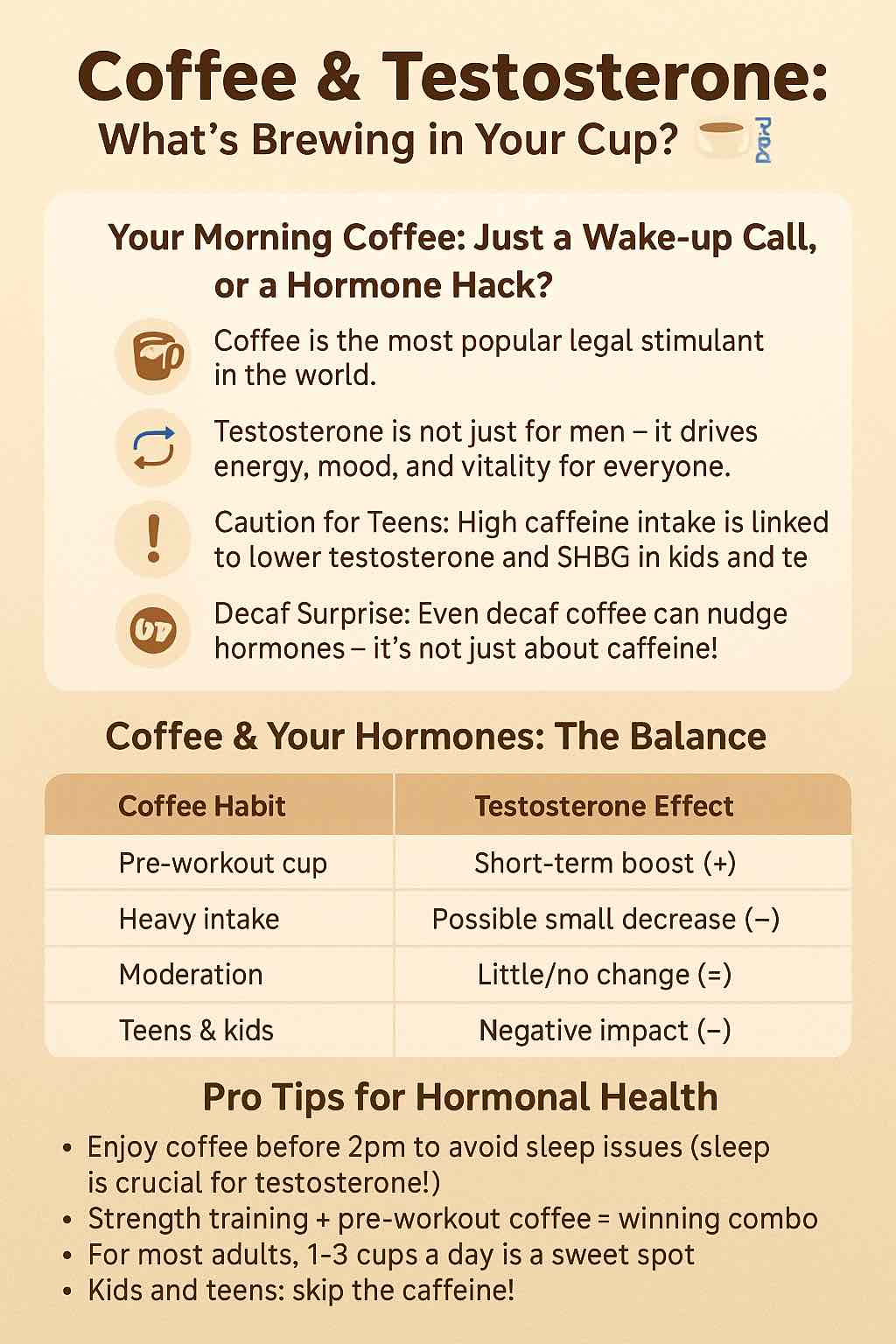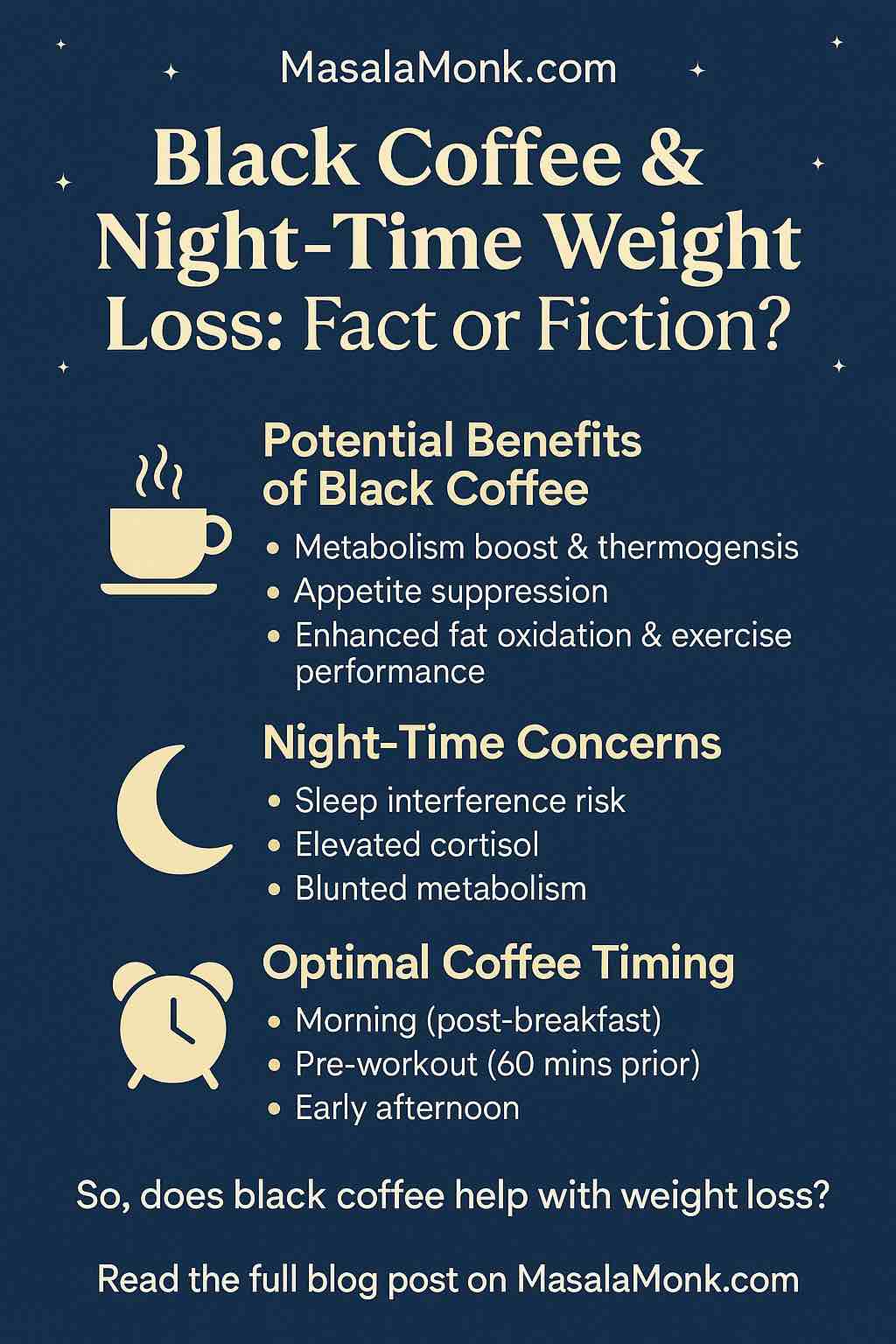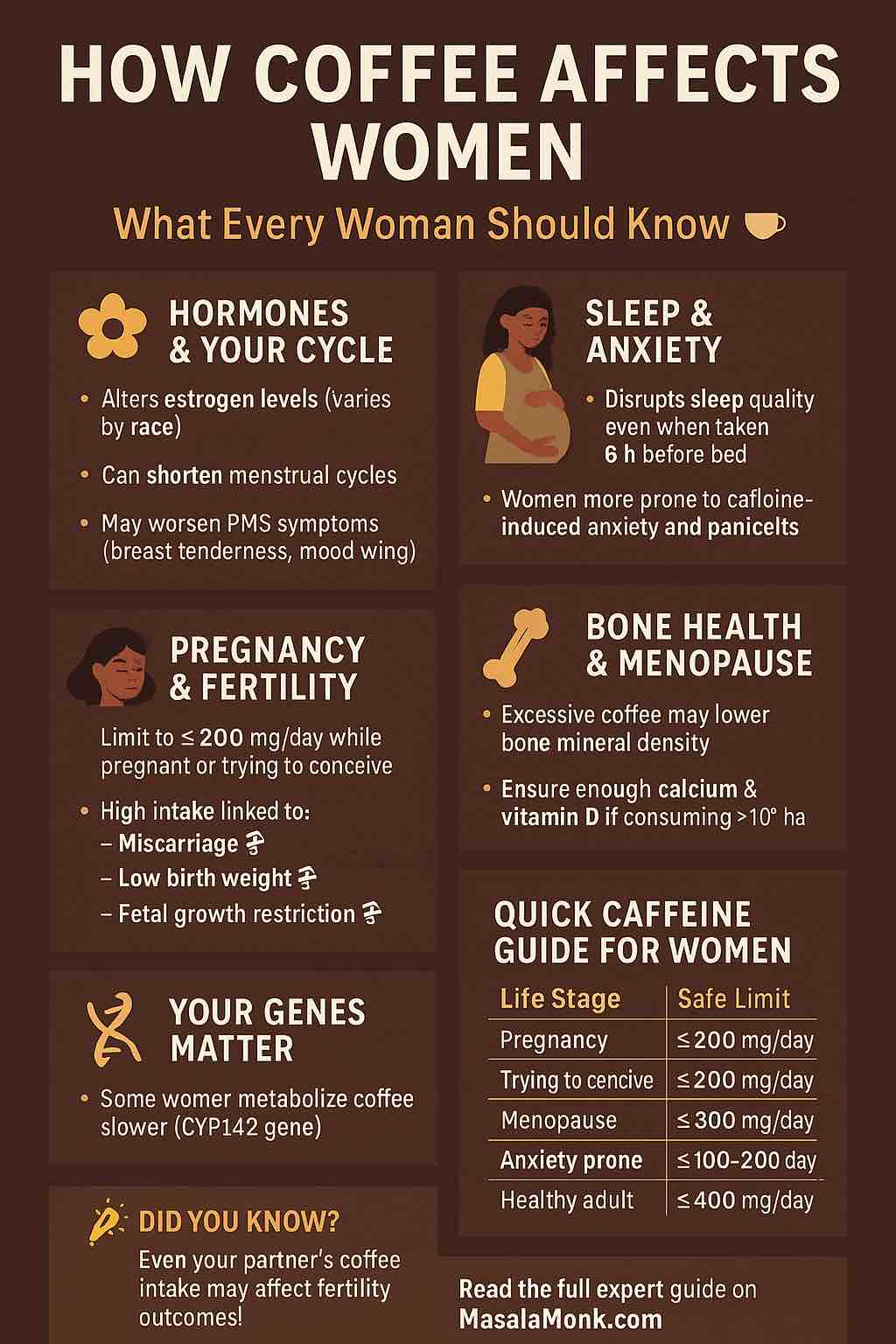
Introduction:
Pregnancy is a journey filled with careful considerations, especially when it comes to what you eat and drink. Among the myriad of questions that expectant mothers grapple with, one that often bubbles to the surface is: Can I still enjoy my beloved cup of green tea? This question isn’t just about craving or taste; it delves deeper into the realms of health, safety, and nourishment during one of life’s most crucial phases.
Green tea, revered for centuries for its health benefits, finds itself under the spotlight in the context of pregnancy. Known for its soothing aroma and rich antioxidant properties, it’s a beverage that many find hard to give up. However, pregnancy introduces a new set of rules for what’s on the menu, and understandably so. Every sip and bite not only affects you but also the tiny life blossoming within.
This comprehensive guide is tailored to take you through the trimester-wise journey of consuming green tea during pregnancy. It’s not just a simple yes or no answer; the relationship between green tea and pregnancy is nuanced, requiring a deeper understanding of how this favored beverage impacts both you and your baby.
From the cautious first trimester, marked by crucial developmental milestones, to the dynamic second and third trimesters, each phase of pregnancy presents its unique challenges and needs. Green tea, with its varying caffeine content and rich blend of compounds, interacts differently with your body during these stages.
Moreover, we’ll explore how green tea can align with, or sometimes challenge, common pregnancy-related conditions. Whether it’s managing blood pressure, combating mood swings, or addressing the need for vital nutrients like folic acid and iron – understanding green tea’s role is essential.
But it’s not just about green tea. The world of teas is vast, and herbal alternatives can offer soothing benefits without the concerns of caffeine. From the calming chamomile to the zesty ginger tea, these brews can be wonderful allies in your pregnancy journey.
As we delve into this guide, remember, the key lies in balance and moderation. Pregnancy is a personal experience, and what works for one may not for another. So, let’s steep ourselves into the world of green tea during pregnancy, understanding its benefits, heeding its warnings, and making informed choices for you and your little one.
Section 1: The Safe Sip – Green Tea’s Safety Across Trimesters
Navigating the complex world of do’s and don’ts during pregnancy can be overwhelming, and the topic of green tea consumption is no exception. Green tea, a beverage lauded for its health benefits, enters a gray area when it comes to its safety during the different trimesters of pregnancy. Understanding this requires a dive into the nuanced effects of green tea components on an expectant mother and her developing baby.
First Trimester: A Time of Caution
The first trimester is a critical period for fetal development, marked by the formation of vital organs and structures. It’s a time when the foundations of a new life are being laid down. During this sensitive phase, the consumption of green tea warrants extra caution. One of the primary concerns is green tea’s influence on the absorption of folic acid – a crucial nutrient that plays a pivotal role in preventing neural tube defects in the developing fetus. The catechins in green tea, while beneficial as antioxidants, can interfere with the body’s ability to absorb this essential vitamin. Thus, limiting green tea intake during these initial weeks is advisable to ensure that the required levels of folic acid are maintained.
Second and Third Trimesters: Moderation is Key
As pregnancy progresses into the second and third trimesters, the considerations around green tea consumption shift. The risk associated with folic acid absorption diminishes, but the focus turns to caffeine – a well-known stimulant present in green tea. While green tea contains significantly less caffeine than coffee, it’s still present and can accumulate, especially if consumed in large amounts. Caffeine crosses the placenta and can affect the fetus, whose developing metabolism cannot process it as efficiently as an adult. Therefore, moderation becomes the guiding principle during these later stages of pregnancy. A limit of two cups per day is often suggested as a safe threshold, ensuring that the total caffeine intake stays within the recommended limits for pregnant women.
Caffeine Content: A Balancing Act
Caffeine content in green tea can vary depending on the type and brewing method. Typically, an 8-ounce cup of green tea contains about 25-45 mg of caffeine, considerably less than a similar serving of coffee. This lower caffeine content is one reason why many pregnant women see green tea as a preferable alternative to coffee. However, it’s not just the number of cups of tea that matters; caffeine is also present in other commonly consumed items like chocolate, soda, and certain medications. Keeping track of total caffeine intake is essential to stay within the safe limits prescribed for pregnancy.
As we traverse the landscape of green tea consumption during the various stages of pregnancy, it becomes clear that a one-size-fits-all approach doesn’t apply. The first trimester calls for increased vigilance, while the latter stages offer a bit more leeway, albeit still bounded by the principles of moderation and mindfulness. In the following sections, we’ll explore the specific benefits green tea can offer during pregnancy, along with the potential risks that warrant attention. Understanding these will equip you with the knowledge to make informed choices about including this popular beverage in your pregnancy diet.
Section 2: Steeping Benefits – Trimester-Specific Advantages of Green Tea
While navigating the cautious pathways of pregnancy, understanding the potential benefits of green tea during each trimester can be a source of comfort and health for expectant mothers. Green tea, with its rich tapestry of nutrients and antioxidants, offers a variety of benefits that can complement the ever-changing needs of pregnancy. Let’s explore these trimester-specific advantages.
First Trimester: Antioxidant Abundance for Foundational Health
In the first trimester, the body undergoes significant changes as it begins the incredible process of growing a new life. This period can often be marked by increased oxidative stress, making the antioxidant properties of green tea particularly beneficial. The polyphenols in green tea, especially catechins, are potent antioxidants that help combat oxidative stress, supporting cellular health. These antioxidants play a critical role in maintaining overall wellness, potentially helping the body cope with the early challenges of pregnancy.
Second Trimester: Nurturing Growth and Stability
As you enter the second trimester, the concerns of early pregnancy begin to wane, and the focus shifts to supporting the steady growth and development of your baby. During this stage, green tea can contribute positively in several ways:
- Blood Pressure Management: The relaxing effect of green tea on blood vessels can help in managing blood pressure levels, which is crucial as the risk of hypertension and related complications, such as preeclampsia, increases during pregnancy.
- Immune Support: The immune-modulating effects of green tea can be beneficial as the body adapts to the immunological changes of pregnancy. The enhancement of the immune system can help the body defend against common infections, which is particularly important during pregnancy when the immune system is naturally suppressed.
Third Trimester: Preparing for the Finish Line
In the final trimester, the focus is on preparing for childbirth while maintaining the health and well-being of both mother and baby:
- Blood Sugar Regulation: Green tea’s potential in assisting with blood sugar regulation becomes valuable, especially considering the increased risk of gestational diabetes during this period. Its impact on glucose metabolism can help maintain healthy blood sugar levels, a key aspect of managing gestational diabetes.
- Mood and Well-Being: The mood-enhancing and relaxing properties of green tea, attributed to its amino acid theanine, can be particularly comforting. As the due date approaches, anxiety and stress levels may rise, and the calming effects of green tea can provide a gentle, natural way to maintain emotional balance.
Throughout these trimesters, green tea stands out as a beverage that can offer more than just hydration. Its unique composition of antioxidants, minerals, and amino acids align well with the evolving needs of pregnancy. However, it’s crucial to balance these benefits with the potential risks and to always consider green tea as part of a broader, nutritionally diverse diet. In the next section, we will delve into the brewing concerns associated with green tea during pregnancy, highlighting the risks and precautions to ensure a safe and healthy journey for both mother and child.
Section 3: Brewing Concerns – Risks and Precautions for Expecting Mothers
While green tea presents a bouquet of benefits during pregnancy, it’s equally important to steep into its potential risks and necessary precautions. Pregnancy is a delicate balance, and what is consumed can have significant implications. Here, we explore the other side of the leaf: the concerns associated with green tea consumption during pregnancy and how to navigate them wisely.
The Folic Acid Factor: A Crucial Nutrient at Risk
One of the primary concerns with green tea during pregnancy is its impact on folic acid absorption. Folic acid, a B-vitamin, is critical in the early stages of pregnancy to prevent neural tube defects in the developing fetus. The catechins in green tea, although beneficial as antioxidants, can interfere with the body’s ability to absorb this essential nutrient. This interaction is particularly concerning during the first trimester, when the baby’s neural tube is forming. Hence, limiting green tea intake, especially during the early weeks of pregnancy, becomes crucial to ensure that the required levels of folic acid are maintained for the healthy development of the baby.
Iron Absorption and Anemia: A Delicate Balance
Another point of concern is the potential of green tea to hinder iron absorption. Iron is vital during pregnancy for the production of hemoglobin, which transports oxygen in the blood. The tannins in green tea can bind with iron, making it less available to the body. This can be particularly challenging for pregnant women, who require increased iron due to the additional blood volume and the needs of the growing fetus. For those with borderline iron levels or at risk of anemia, green tea consumption needs to be carefully managed. It is advisable to consume green tea between meals rather than with them and to ensure a diet rich in iron to counterbalance any potential absorption issues.
Caffeine Considerations: Moderation is Essential
The caffeine content in green tea, while lower than in coffee, is still a point of caution. Excessive caffeine intake during pregnancy has been associated with risks such as low birth weight and, in extreme cases, miscarriage. The general guideline is to limit caffeine intake to about 200 mg per day. Given that a typical cup of green tea contains between 25-45 mg of caffeine, it allows for some flexibility in consumption. However, it’s crucial to account for other sources of caffeine in the diet, like chocolate, soft drinks, and certain medications, to stay within the safe threshold.
Quality and Preparation: Ensuring the Best Brew
The quality of green tea and its preparation also play a role in its safety during pregnancy. Opting for high-quality, organic green tea can reduce exposure to harmful pesticides and contaminants. Additionally, the way green tea is brewed can influence its caffeine and antioxidant levels. Over-steeping can increase caffeine content and bitterness, so it’s advisable to brew green tea for a shorter duration to keep these levels in check.
Listening to Your Body: Personal Tolerance and Preferences
Every pregnancy is unique, and individual tolerance to green tea can vary. Some may find it soothing and beneficial, while others might experience adverse effects like acidity or restlessness. It’s essential to listen to your body and adjust your intake accordingly. Consulting with a healthcare provider for personalized advice is always recommended, especially when considering any dietary changes during pregnancy.
In the next section, we will discuss how to strike the perfect blend: finding the right balance in green tea consumption during pregnancy, considering all these factors to ensure a healthy and enjoyable journey for both mother and child.
Section 4: Perfect Blend – Optimal Green Tea Consumption During Pregnancy
In the intricate dance of pregnancy, where every nutrient counts and balance is key, understanding how to optimally consume green tea becomes crucial. This section aims to brew the perfect guide, helping expectant mothers navigate the nuances of green tea consumption, ensuring they reap its benefits while minimizing any risks.
Daily Dosage: Finding the Right Amount
The central question for many is, “How much green tea is safe during pregnancy?” While guidelines suggest limiting caffeine intake to around 200 mg per day, this translates to about three to four cups of green tea. However, this is not just about counting cups of tea. Total caffeine intake includes all sources – chocolate, cola, other teas, and some medications. Thus, it becomes a balancing act, ensuring that the cumulative caffeine intake stays within the recommended limits.
Different Types of Green Tea: Choices Matter
Not all green teas are created equal, and their variety can make a significant difference in caffeine content and overall impact:
- Organic Green Tea: Opting for organic green tea can be a wise choice as it minimizes exposure to pesticides and chemicals, which is crucial during pregnancy.
- Decaffeinated Green Tea: For those particularly sensitive to caffeine or looking to further limit their intake, decaffeinated green tea is an option. While it still contains trace amounts of caffeine, it’s significantly lower than regular green tea.
- Matcha Green Tea: Rich in nutrients and antioxidants, matcha is a potent form of green tea. However, its caffeine content is higher, so moderation is key – typically, no more than one cup per day is recommended.
Timing and Preparation: Making the Most of Your Tea
How and when you drink green tea can also influence its effects during pregnancy:
- Avoid on an Empty Stomach: Drinking green tea on an empty stomach can lead to acidity and discomfort. It’s better to have it between meals or after a snack.
- Steeping Time: Over-steeping green tea can increase caffeine levels and bitterness. A brewing time of 1-3 minutes is generally sufficient to extract the flavor and benefits without overdoing the caffeine.
- Pairing with Meals: While it’s commonly suggested to avoid green tea with meals due to its impact on iron absorption, if you prefer it as a mealtime beverage, pairing it with vitamin C-rich foods can help counteract this effect.
Personalized Approach: Listen to Your Body and Consult Your Doctor
Every pregnancy journey is unique, and what works for one may not suit another. It’s important to listen to your body’s reactions to green tea. If you notice any discomfort, such as gastrointestinal issues or increased anxiety, it might be worth reassessing your intake. Furthermore, consulting with a healthcare provider before making any significant changes to your diet, including green tea consumption, is always advisable. They can provide tailored advice based on your individual health needs and pregnancy progression.
In the next section, we will explore the world of herbal teas – a delightful and often caffeine-free alternative to green tea during pregnancy, providing a soothing and safe option for expectant mothers.
Section 5: Alternative Brews – Herbal Teas for Pregnancy
As we delve deeper into the tapestry of pregnancy-safe beverages, the spotlight turns to herbal teas. These aromatic infusions, often free from caffeine, can be a comforting and healthy alternative for expectant mothers seeking the warmth of a cup of tea without the concerns associated with green tea. This section explores the diverse world of herbal teas, highlighting their benefits and safety considerations during pregnancy.
A World of Herbal Choices: Safe and Soothing Options
Herbal teas offer a vast array of flavors and health benefits, making them an excellent choice for pregnant women. Each herb brings its unique properties to the brew:
- Ginger Tea: Known for its anti-nausea properties, ginger tea is a popular choice for combating morning sickness, a common ailment in early pregnancy. Its warming and digestive benefits make it a comforting drink.
- Chamomile Tea: Revered for its calming effects, chamomile tea can be especially beneficial in addressing pregnancy-related insomnia and anxiety. Its mild, soothing flavor also makes it a pleasant evening drink.
- Peppermint Tea: With its refreshing flavor, peppermint tea can help ease digestive discomforts like bloating and indigestion, often experienced during pregnancy.
- Rooibos Tea: Caffeine-free and rich in antioxidants, rooibos tea is another excellent choice for expectant mothers. Its natural sweetness and nutty flavor make it a delightful beverage.
Navigating Safety: Not All Herbs Are Equal
While many herbal teas are safe during pregnancy, it’s crucial to be discerning, as not all herbs are recommended for pregnant women. Some herbs can have potent medicinal effects and should be consumed with caution or avoided. For instance, herbs like licorice, sage, and parsley, among others, are not generally recommended during pregnancy due to their strong medicinal properties. It’s always a good practice to check the safety of the specific herbs in a tea blend and to consult with a healthcare provider.
Preparing Herbal Teas: Tips for Optimal Enjoyment
Herbal teas can be enjoyed in various ways, and their preparation can enhance their benefits:
- Infusion Time: Herbal teas generally require a longer steeping time than green tea, often around 5 to 10 minutes, to fully extract their flavors and beneficial compounds.
- Quality Matters: Opting for high-quality, organic herbal teas can ensure that you are consuming a pure product without contaminants or pesticides, which is particularly important during pregnancy.
- Custom Blends: Creating your own blend of herbal teas can be both enjoyable and tailored to your specific tastes and needs. Mixing herbs like ginger and lemon or chamomile and lavender can create delightful combinations.
Listening to Your Body: Personal Preferences and Tolerances
As with any dietary change during pregnancy, it’s important to listen to your body’s responses to different herbal teas. What soothes one person might not suit another. If you experience any adverse reactions, such as allergic responses or gastrointestinal discomfort, it’s best to avoid that particular herb and consult your healthcare provider.
In conclusion, while green tea has its place in the pregnancy diet, herbal teas offer a diverse and often safer alternative, providing a plethora of flavors and health benefits. Whether seeking relief from morning sickness, a calming nightcap, or just a pleasant beverage, the world of herbal teas can be a delightful and comforting part of your pregnancy journey.
Section 6: Crafting the Conclusion – Embracing Balance in Your Pregnancy Journey
As we reach the end of our exploration into green tea and its herbal counterparts during pregnancy, it’s time to steep the learnings into a cup of wisdom. This final section aims to distill the essence of the information presented, offering a concluding perspective that blends caution with enjoyment, science with personal experience, and nutrition with pleasure.
Recapitulating the Journey: Green Tea’s Role in Pregnancy
The journey through pregnancy is a delicate balance of nourishment, pleasure, and caution. Green tea, with its rich array of antioxidants and calming effects, offers numerous benefits. However, its interactions with crucial nutrients like folic acid and iron, along with its caffeine content, necessitate a balanced approach. The key takeaways include:
- Moderation and Mindfulness: While green tea can be a part of your pregnancy diet, moderation is essential. Sticking to the recommended caffeine limit of about 200 mg per day and being mindful of its impact on nutrient absorption are vital.
- Trimester-Specific Advice: Tailoring your green tea consumption to the needs of each trimester can optimize its benefits while minimizing risks. The first trimester calls for more caution, while the later trimesters allow for a bit more flexibility.
The Herbal Haven: Exploring Caffeine-Free Alternatives
For those seeking alternatives, herbal teas emerge as a haven of variety and safety. From the ginger tea easing morning sickness to the calming embrace of chamomile, these herbal infusions can be a wonderful complement to your pregnancy diet. However, the importance of discerning the safety of each herb cannot be overstated. Not all herbal teas are suitable for pregnancy, and personal tolerances vary.
Personalization: Your Pregnancy, Your Choices
Every pregnancy is unique, and what works for one may not work for another. Listening to your body, being aware of how different teas affect you, and adapting your choices accordingly are key aspects of managing your diet during pregnancy. Regular consultations with your healthcare provider for personalized advice ensure that your dietary choices align with your and your baby’s health needs.
A Cup of Joy: Finding Pleasure in Your Choices
Pregnancy is not just about cautious nutrition; it’s also a time to find joy and comfort in the little things, like a warm cup of tea. Whether it’s the familiar embrace of green tea or the exploration of herbal blends, these moments of pleasure can contribute to your overall well-being during this special time.
In Conclusion: Balancing Health with Enjoyment
As we conclude this guide, the overarching message is one of balance. Balancing the health benefits of green tea and herbal teas with their potential risks, balancing nutritional needs with personal enjoyment, and balancing scientific guidance with personal experience. Pregnancy is a journey of growth, change, and adaptation, and your dietary choices, including your preference for teas, are an integral part of this beautiful journey.
In embracing this balance, you can navigate your pregnancy with confidence, making informed choices that contribute to the health and happiness of both you and your baby. So, as you prepare your next cup of tea, let it be a mindful, enjoyable, and nourishing experience, steeped in the knowledge and wisdom you have gathered.
FAQs on Green Tea and Herbal Teas During Pregnancy
1. Is it safe to drink green tea during pregnancy? Yes, it is safe to drink green tea during pregnancy if consumed in moderation. It’s recommended to limit your caffeine intake to about 200 mg per day, which equates to approximately three to four cups of green tea.
2. Can green tea affect folic acid absorption during pregnancy? Yes, green tea can affect the absorption of folic acid due to its catechin content, particularly in the first trimester. It’s advisable to limit green tea intake during early pregnancy to ensure adequate folic acid absorption.
3. How much green tea is safe during each trimester? During the first trimester, it’s recommended to minimize green tea consumption due to its impact on folic acid. In the second and third trimesters, up to three cups a day is generally considered safe, keeping in mind the total daily caffeine intake.
4. Are there any risks associated with drinking green tea during pregnancy? Yes, risks include potential interference with folic acid and iron absorption and excessive caffeine intake. Monitoring and moderating green tea consumption can mitigate these risks.
5. Can green tea help with pregnancy-related issues like morning sickness? Green tea may not be the best choice for morning sickness due to its tannin and caffeine content. Herbal teas like ginger tea are more effective for alleviating morning sickness.
6. Is it better to drink organic green tea during pregnancy? Organic green tea is preferable during pregnancy as it minimizes exposure to pesticides and other chemicals, making it a safer choice.
7. Can I drink decaffeinated green tea during pregnancy? Yes, decaffeinated green tea is a good option as it contains much less caffeine. However, it still has trace amounts, so moderation is still important.
8. Are herbal teas safe during pregnancy? Many herbal teas are safe during pregnancy, such as ginger, chamomile, and peppermint tea. However, it’s important to check the safety of each herb, as some are not recommended during pregnancy.
9. How can I ensure I’m not consuming too much caffeine while drinking green tea? Keep track of all sources of caffeine in your diet, including chocolate, cola, and other teas. Limit your total caffeine intake to about 200 mg per day.
10. Can drinking green tea affect my iron levels during pregnancy? Yes, the tannins in green tea can inhibit iron absorption. It’s recommended to drink green tea between meals and include iron-rich foods in your diet to counterbalance this effect.
Blog Tags for the Post
green tea pregnancy, herbal teas pregnancy, pregnancy nutrition, caffeine intake pregnancy, folic acid pregnancy














